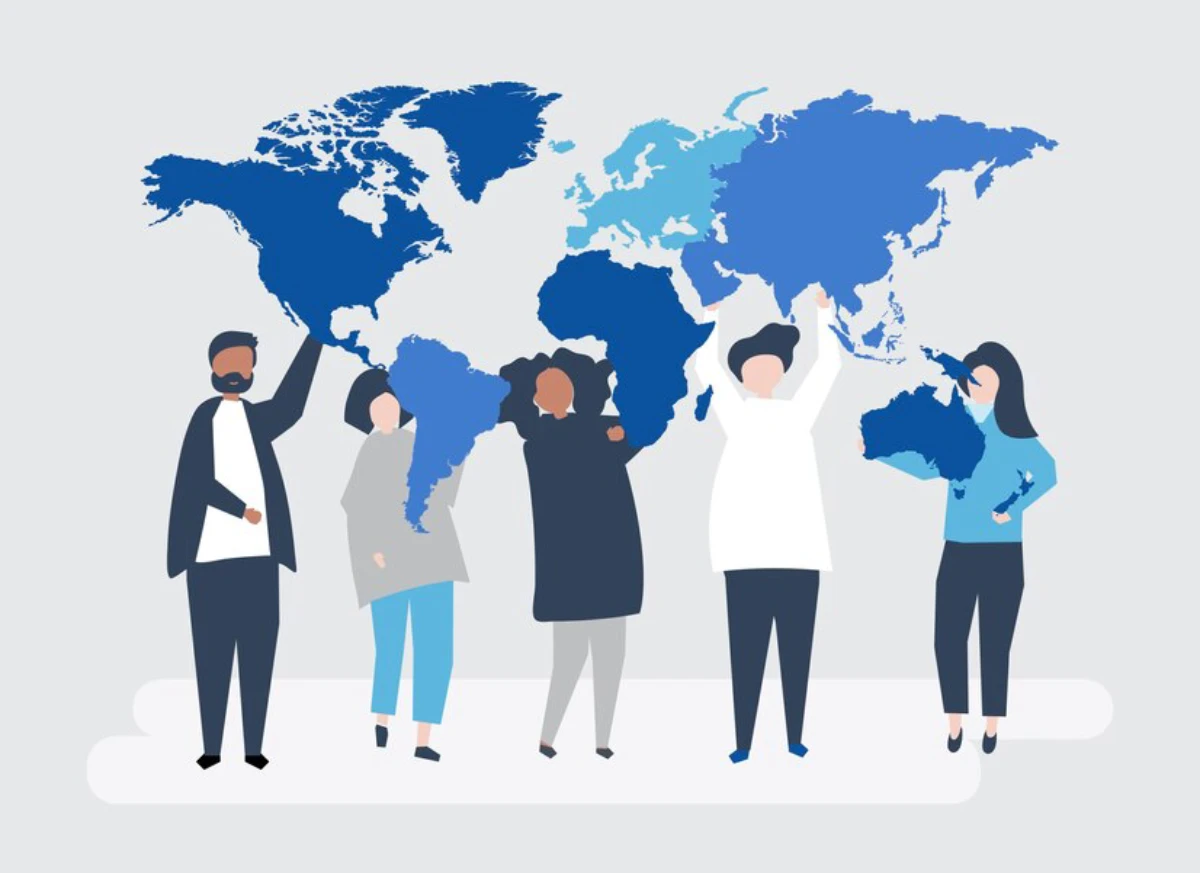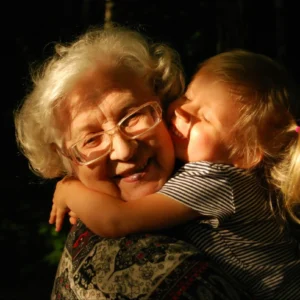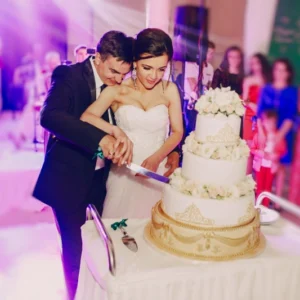Key Takeaways:
- Cultural exchange through the au pair experience offers deep insights into another culture while fostering personal growth and global connections.
- Both au pairs and host families gain invaluable language and communication skills, further nurturing the mutual understanding between diverse backgrounds.
- Community involvement, continuous support, and resources significantly enhance the exchange experiences for both parties.
Introduction to Cultural Exchange
Cultural exchange is a vital component of the global community. It helps to establish bonds of understanding, respect, and empathy among people from different backgrounds. Cultural exchange is the mutual sharing of various cultural aspects, traditions, and ideas, which can be a powerful tool for promoting unity in an often divided world. Cultural exchange programs are more than just childcare solutions; they provide a gateway for creating international friendships and promoting cultural enlightenment.
Au pairs act as cultural ambassadors by bringing a piece of their home country to their host families. They introduce new perspectives, languages, and traditions into their daily routines, which results in a varied tapestry of shared experiences. It creates an environment that promotes global citizenship. Unlike tourists who only skim the surface of local customs, au pairs dive deep into cultural immersion, which leads to a lifetime of authentic understanding and appreciation.
The Au Pair Journey
Diplomacy sometimes involves using programs provided by an au pair agency. Becoming an au pair involves embarking on a journey of growth, challenges, and cultural integration. The typical au pair is an adventurous individual between 18 and 30 who is eager to experience life within a foreign family context. The stringent criteria to become an au pair include age, language proficiency, and ability to adapt and engage with children. Au pairs often quickly become integral members of the household, balancing tasks from homework help to participating in family activities while navigating through a new lexicon of cultural norms.
While the journey of an au pair can be sprinkled with moments of homesickness and culture shock, the experience invariably contributes to a profound expansion of their worldview. Their roles often evolve, adapting from caretakers to cultural liaisons, forging bonds with the host family that usually last a lifetime and significantly shaping their future professional and personal identities.
Impact on Language and Communication Skills
Language is the conduit through which cultures express themselves, and mastery over a new tongue is a powerful tool for any cultural envoy. The immersive environment provided to au pairs is the ideal nurturing ground for linguistic growth. Daily practice comes with fluency and the ability to decipher cultural idioms, puns, and colloquial jokes, often the touchstones of deeper cultural insights.
The journey of language learning is a two-way street within the au pair exchange, as host families often partake in the linguistic voyage. Such shared experiences bond them deeper than conventional language classes ever could. From fumbling with pronunciation to sharing ‘aha’ moments when a new word is correctly used, these build a lifelong connection and an expanded global outlook.
Learning Through Everyday Experiences
The au pair experience is steeped in quotidian adventures – each day holds the prospect of a new cultural lesson. Whether assisting with meal preparation adorned with flavors from their native country or sharing folklore during storytime, these small moments accumulate into an extensive base of cultural savvy. As au pairs navigate local customs and holidays, they absorb the essence of their host country’s way of life and leave an indelible imprint of their culture within the family.
Such unstructured and spontaneous learning experiences often carry the most substance. Immersion in daily life leads to organic situations where communication is tested, traditions are shared, and laughter becomes the universal language. These stories of everyday life, where shared experiences eclipse the need for formal education, define the actual substance of cultural exchange.
Educational Value for Children in Host Families
A child’s education goes beyond the traditional classroom setting. Having an au pair as part of the family enhances their learning experience by introducing them to different cultures. Children with host families can learn other ways of thinking, broadening their understanding and encouraging them to be more inclusive and curious.
Overcoming Intercultural Barriers
With cultural exchange comes the inevitable clash of preconceptions and realities. What an au pair might initially perceive as peculiar or perplexing can blossom into a valuable learning opportunity. Host families and au pairs must strive for an open dialogue to navigate cultural misalignments. This effort requires empathy, patience, and an eagerness to understand beyond the surface.
It is within the realms of everyday interaction that intercultural competence is honed. When an au pair introduces a new tradition or discerns the nuances of local etiquette, the family learns as much as they do. Misunderstandings are an expected part of any cultural exchange, but they are also milestones marking the path to true intercultural fluency and understanding.
Local Community Involvement and Outreach
Beyond the sheltering walls of the host home, the local community beckons as an expansive learning environment for au pairs. Integration is vital to the cultural exchange, and participating in local activities is immensely enriching. From farmers’ markets to local celebrations, these forays into the broader social fabric allow for an authentic experience of community life.
Au pairs are encouraged to volunteer, participate in cultural events, or explore the town they temporarily call home. Such involvement accelerates their integration and presents their culture to the local populace—a simple service for the multi-directional exchange that defines their mission.
The Lasting Effects of Cultural Exchange
The ripple effect of international au pair programs extends beyond the initial stay for years, often decades. The cultural insights gained and relationships built alter family dynamics and personal career trajectories. Many au pairs and host families continue to share in each other’s lives, celebrating milestones and supporting one another across continents.
These profound interactions forge a network of global citizens, connected by shared memories, enriching host family communities and the au pairs’ home countries.
Support and Resources for Au Pairs and Host Families
The success of a cultural exchange is contingent upon the support provided to both au pairs and the host families. Matching au pairs with the right family, providing them with preparatory language courses, and offering continuous guidance throughout their stay are just a few ways agencies facilitate positive experiences.
From cultural orientation classes to community meet-ups for au pairs, these resources are critical for ensuring a beneficial cultural immersion. Organizations often offer frameworks focusing on routine challenges and solutions derived from years of experience, smoothing the potential bumps along the cultural exchange highway.
Conclusion: The Global Village Concept
The threads spun by au pair programs strengthen the weave of our global village. They turn the abstract into the intimate, allowing individuals from across oceans to sit at the same table, share the same home, and ultimately nurture an intertwined future. The au pair experience is a vibrant example of the beauty born from shared cultures – an effortless dance of familiarity amid diversity. By encouraging families from all corners of the world to partake in the cultural exchange, the goal of a more tolerant, connected, and understanding global society grows more attainable. Through these individual connections, the vision of a world united in its differences becomes a hopeful dream and a living, breathing reality.





